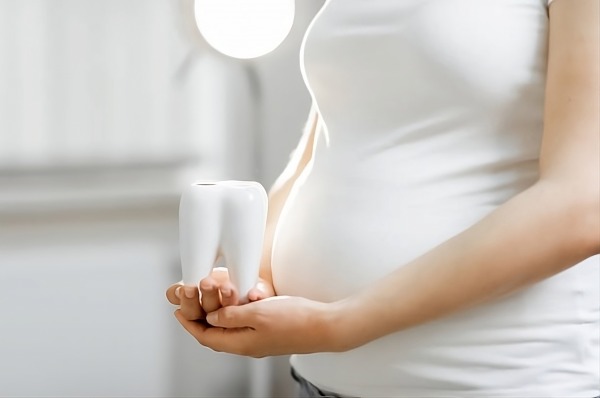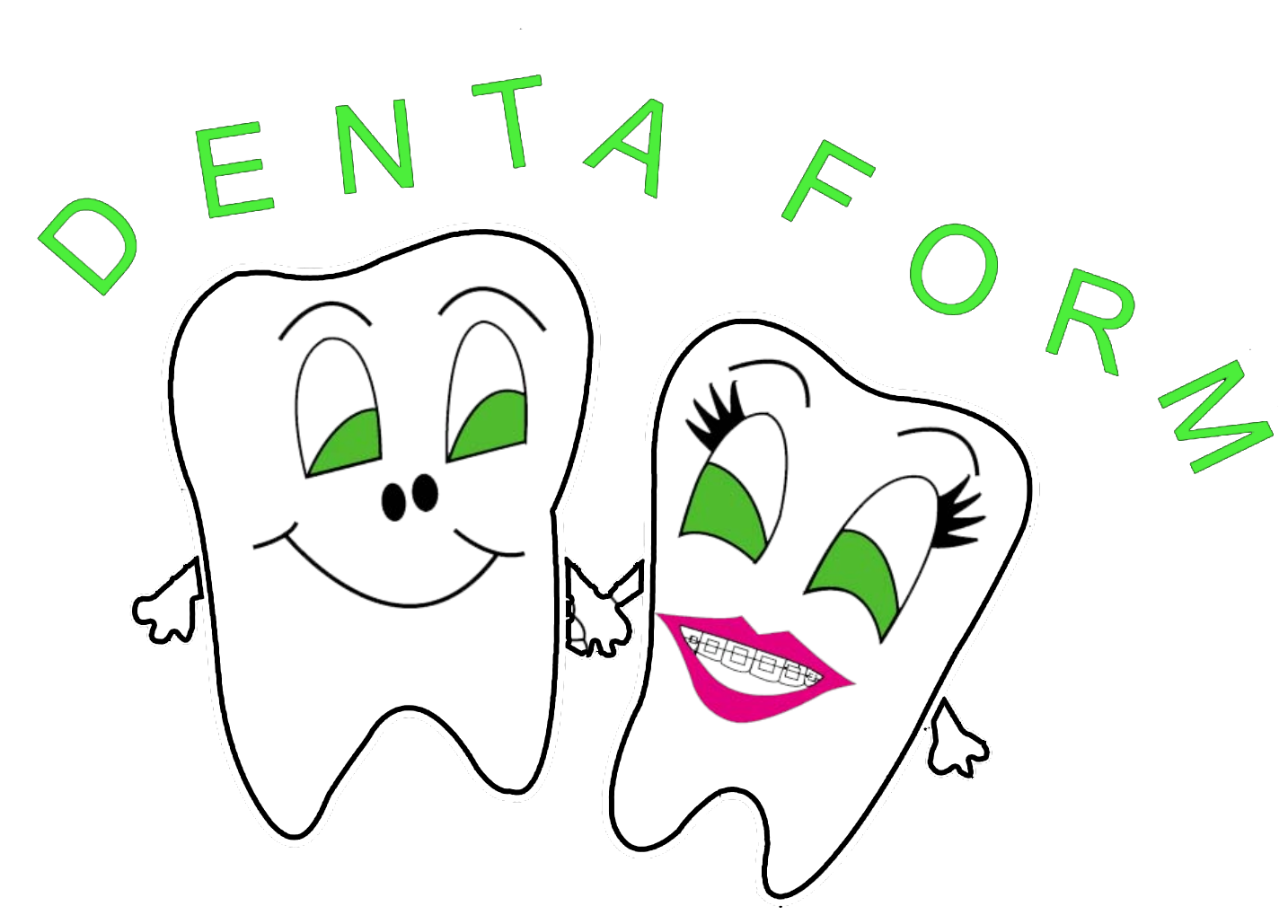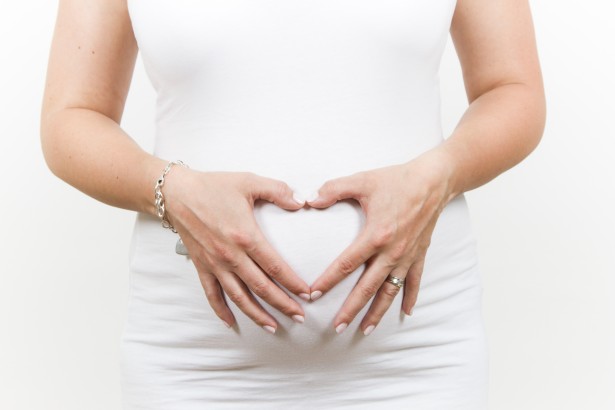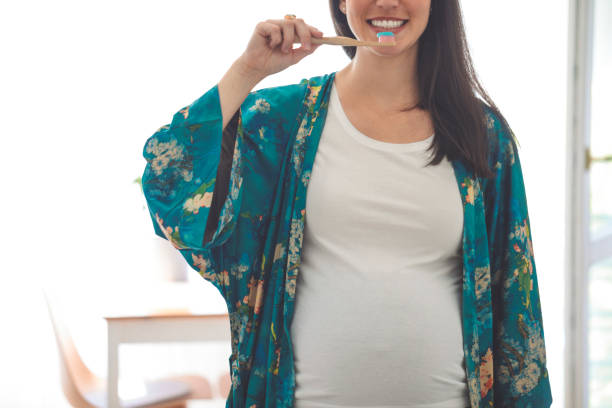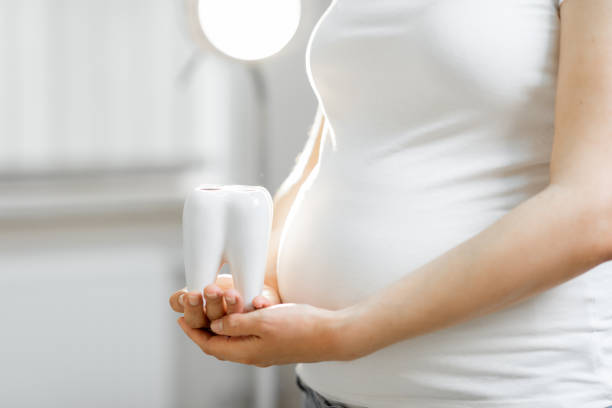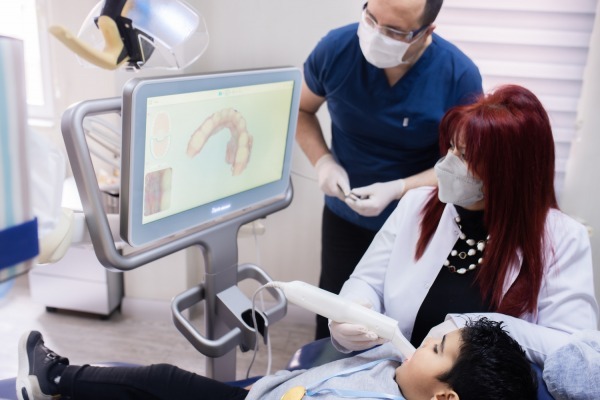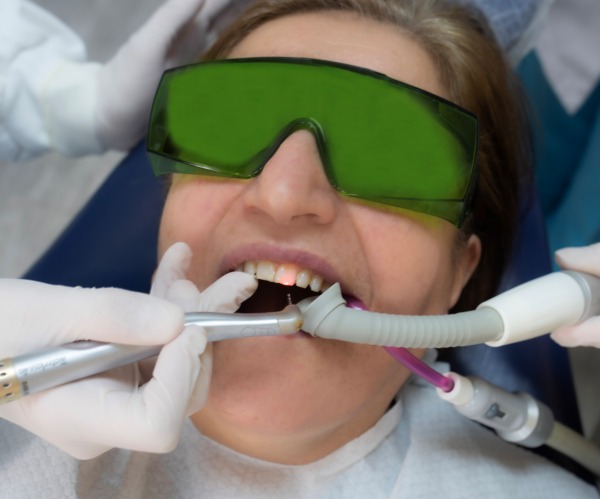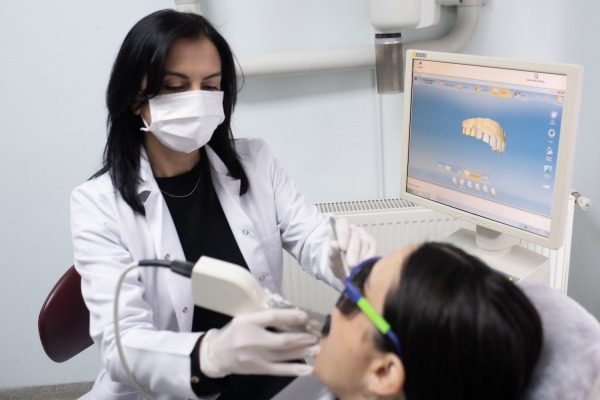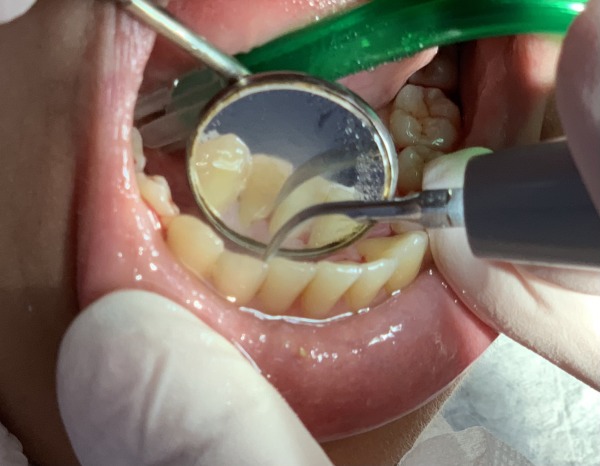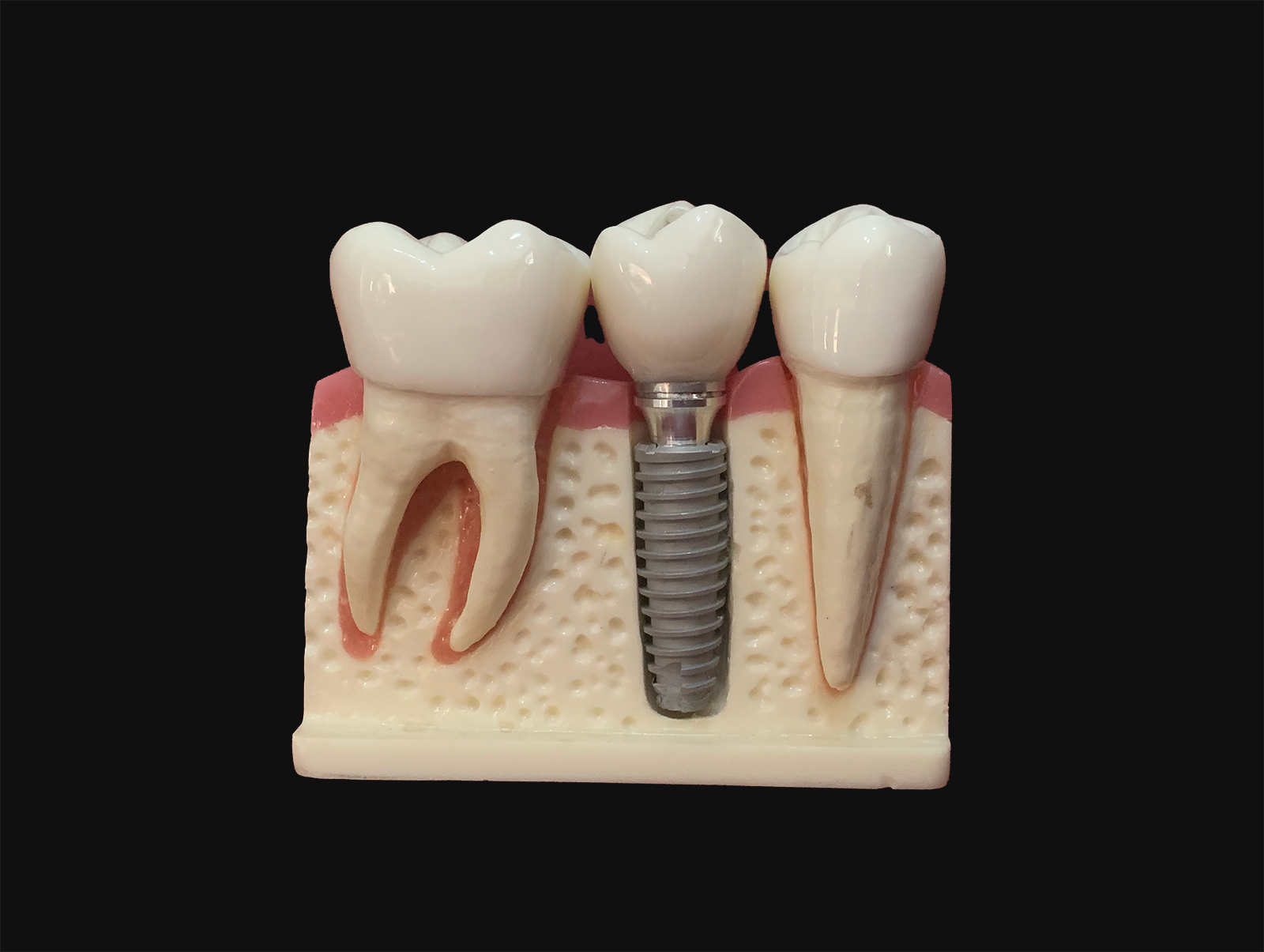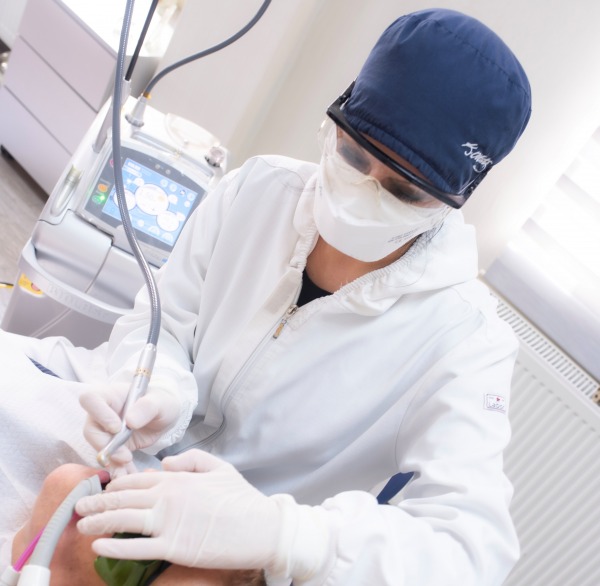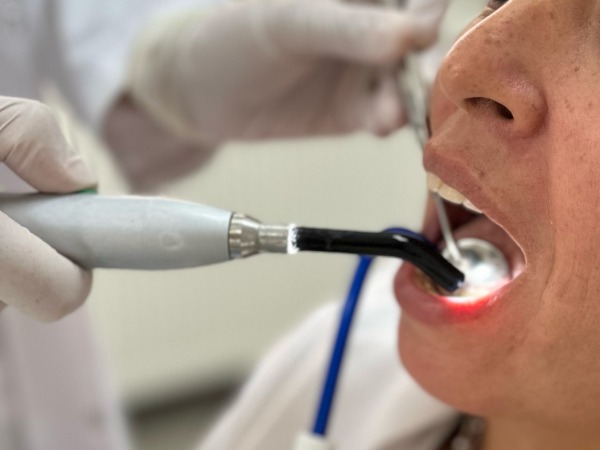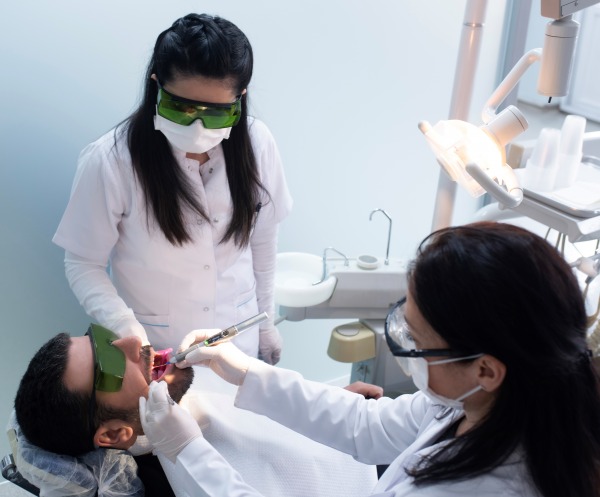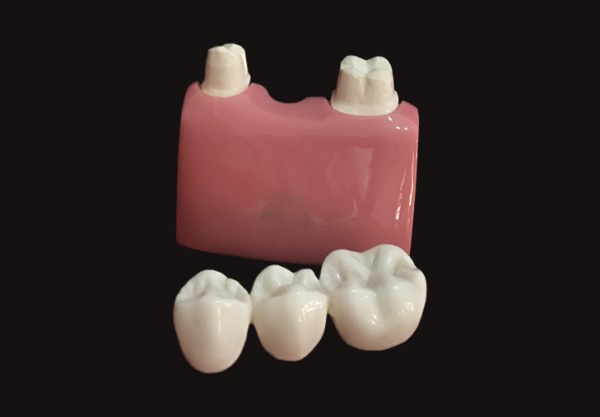Dental Care During Pregnancy
How does pregnancy affect oral health?
Apart from the fact that there are some changes in oral health during pregnancy, it is a misconception that the mother will lose a tooth with each pregnancy. The most important change is an increase in plaque build-up on the teeth due to the increase in hormone levels. If plaque is not removed, it can cause gingivitis. This condition is called "pregnancy gingivitis". The gums are red, increased in volume, tender and bleeding. If gingivitis is already present, it can increase in severity during pregnancy and can progress to periodontitis if left untreated. For this reason, teeth should be brushed at least twice a day and, if possible, after every meal. All teeth should also be flossed every day. Regular dental check-ups should also not be neglected.
Pregnant women are also at risk of developing "pregnancy tumors". These are inflammatory lesions caused by irritation of gingival growths. Although they are usually left untreated, they should be removed by the dentist if they cause discomfort or interfere with chewing, brushing and other oral care procedures. Controlling plaque also reduces gingival irritation and the risk of pregnancy tumors.
